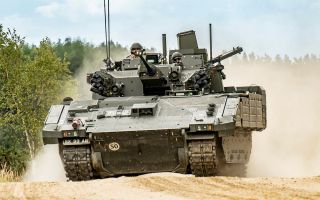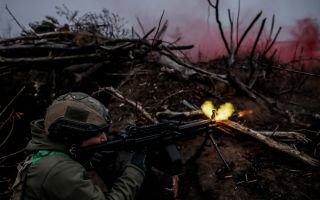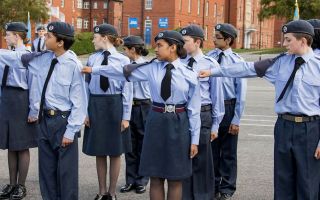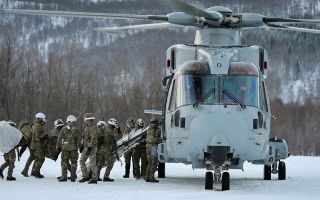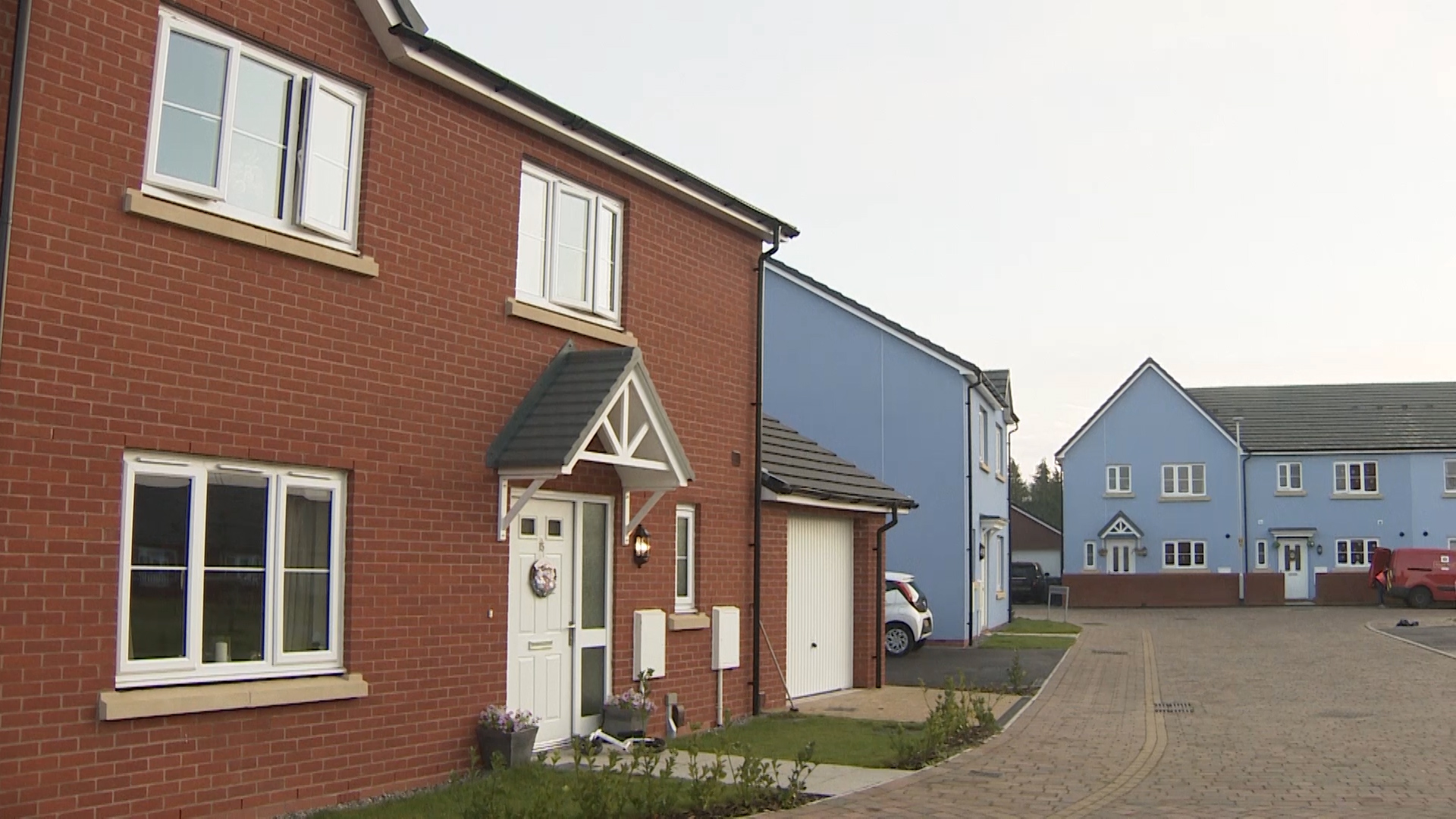
Everything you need to know about military housing

When you start a new job, it is rare for one of the perks of the role to be subsidised housing but, when you join the armed forces, that is exactly what you get.
Whether you want to live by yourself or with your family, the Ministry Of Defence (MOD) has a duty to provide quality accommodation for its personnel.
The MOD know that people lie at the heart of operational capability so attracting and retaining the right men and women for the job is crucial. To do this, they strive to offer people in defence the most appealing package of benefits.
Here, we look at how you go about applying for housing and what charges there are plus we find out what the MOD considers to be a ‘decent home’ and answer some questions like whether spouses can work from home and whether you can keep chickens.
SLA, SFA or STFA – What Do The Acronyms Mean?
- SLA = Single Living Accommodation
- SFA = Service Family Accommodation
- STFA = Short Term Family Accommodation
- SSSA = Substitute Single Service Accommodation
- SSFA = Substitute Service Family Accommodation
Most personnel move home regularly and sometimes to remote parts of the country or overseas. Many bring their families with them, which means a wide variety of different types and sizes of housing needs to be available.
Accommodation is provided either at or near wherever the job is based.
Single Living Accommodation (SLA) is defined as being any type of purpose-built accommodation for the authorised use of single and unaccompanied service personnel.
To be entitled to SLA, service personnel must be undertaking initial training or be serving on a regular engagement with the UK Armed Forces or be a full-time reservist.
SLA housing is usually accommodation blocks inside military bases and is available to single and unaccompanied personnel.
A National Audit Office report published in February 2021, stated that in October 2020, “79,963 service personnel, around 52% of the total Armed Forces, occupied SLA.”
For some, SLA is their only accommodation but for others, like unaccompanied personnel, it is used during the week only. At the weekend, unaccompanied personnel may return to visit their family at home.
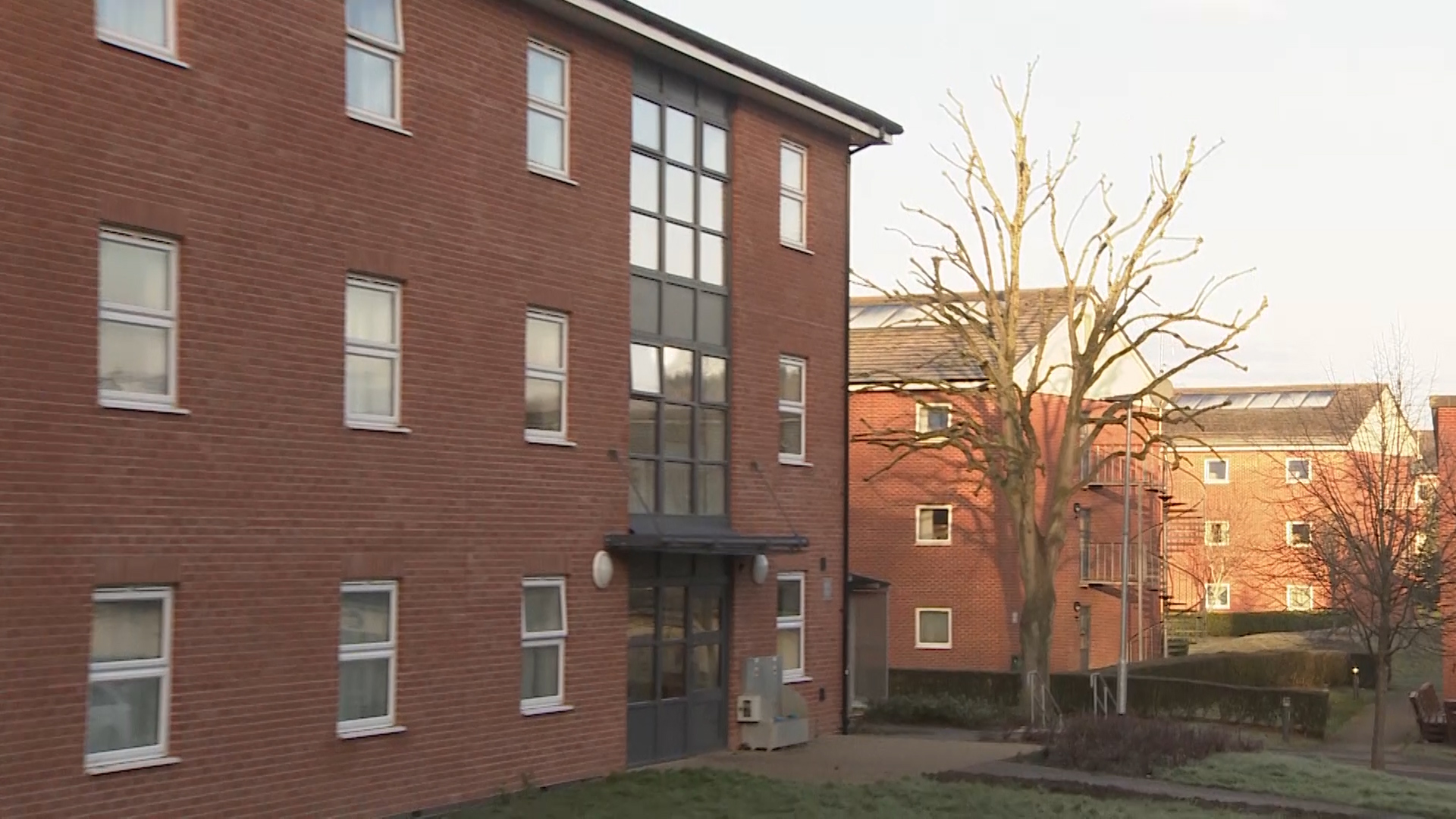
What Types of Single Living Accommodation Are There?
The type of SLA you are eligible for depends on your rank.
Senior officers (Major and equivalent) and above
A suite of rooms in the Officers’ Mess consisting of a sitting room and bedroom with en-suite.
Junior officers (Captain and equivalent) and below
A bedroom with en-suite.
Officer cadets
A bedroom with en-suite.
Warrant officers and senior non-commissioned officers
A bedroom with en-suite.
Other ranks
A bedroom with en-suite.
Personnel undergoing phase two and phase three training – when there is no ‘other ranks’ SLA available
Bed space in a four-person room with shared ablutions.
Personnel undergoing phase one training
Bed space in eight or 12-person rooms with shared ablutions.
Royal Navy personnel undergoing phase one training
Bed space in a 24-person room with shared ablutions.
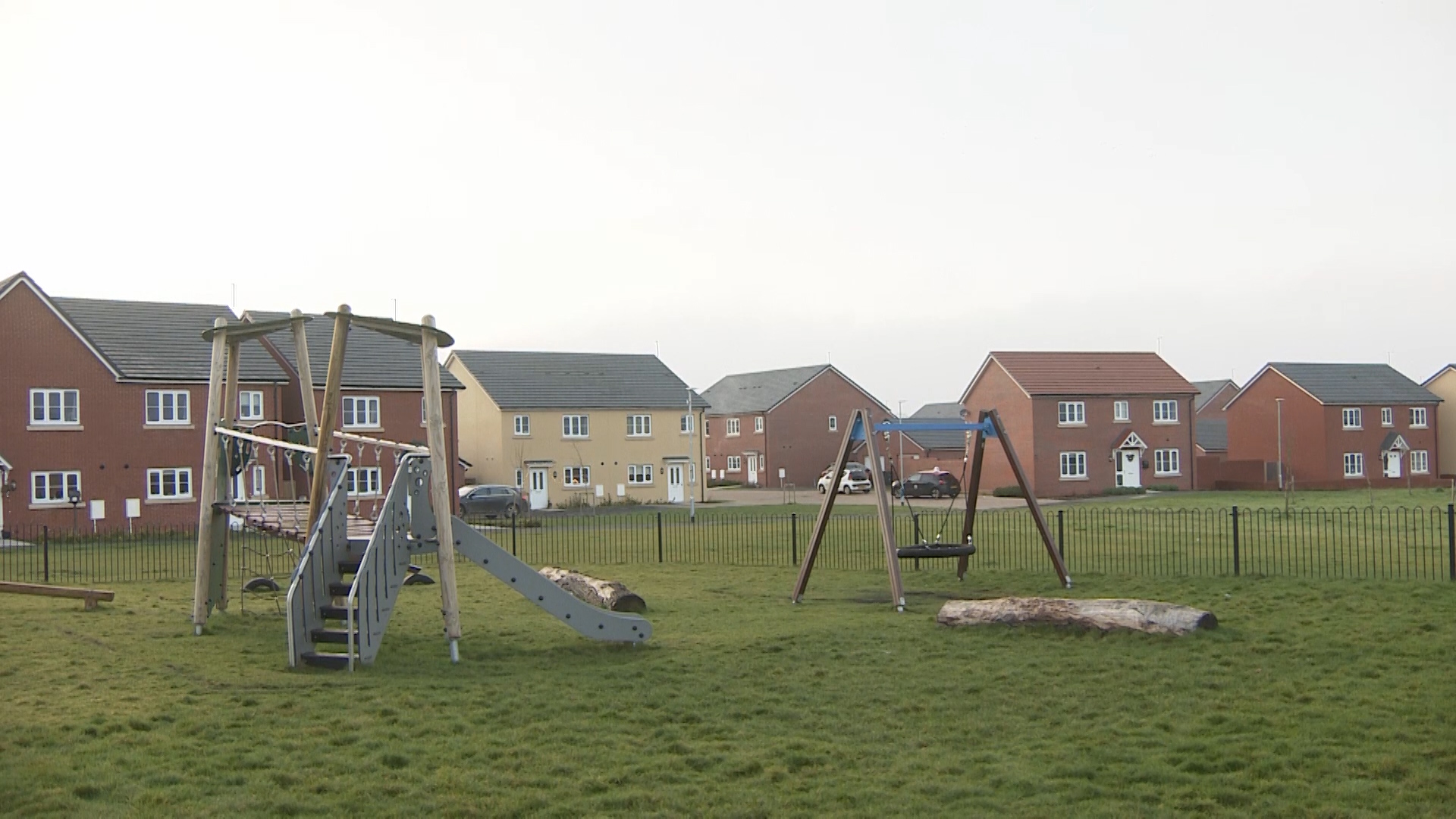
Service Family Accommodation
To be entitled to apply for SFA, service personnel must:
- Be aged 18 and over
- Be married or in a civil partnership or who have permanent custody of children
- Have at least six months to serve
Service personnel who are in an established Long-Term Relationship (LTR(E)) are also eligible to live together in surplus SFA, when available.
To qualify, you and your partner must complete a registration period of 365 days in a Long-Term Relationship (Recorded) or provide evidence of an existing relationship that has lasted for equal to or more than 365 days.
Service Family Accommodation is at the service personnel’s duty station or within a set radius; although you may be eligible to apply for surplus SFA at other locations.
As with SLA, it is your rank that will determine the type of property you are eligible for. After applying for SFA, someone from the Amey Occupancy Services Team will allocate you a property using the preferences you have expressed and based on:
- Your entitlement or eligibility
- Competing requirements
- Service agreements
What Is The Future Accommodation Model?
To improve the quality of living for those who serve, the MOD has introduced the Future Accommodation Model (FAM).
Because the current accommodation model is based on rank rather than actual need, many personnel find they have to opt-out of subsidised accommodation because it does not support their family’s requirements.
Now, the British Army is trialing a pilot scheme at HMNB Clyde, Aldershot Garrison and RAF Wittering to assess future housing needs of service personnel based on need instead of rank.
The pilot scheme started in September 2019 and is expected to last for three years.
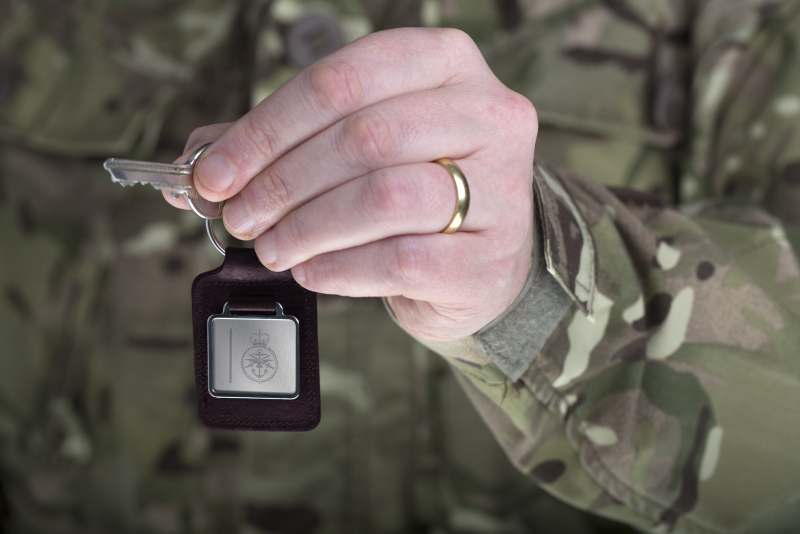
What Makes A Decent Home?
The Combined Accommodation Assessment System (CAAS) was introduced in 2016 to replace the 4 Tier Grading System for calculating SFA charges. CAAS covers scale, location and condition which is based on the ‘Decent Homes Standard’ (DHS) which is the national standard.
To be considered decent MOD property must have:
- Effective drainage
- Adequate lighting, heating and ventilation
- Safe electrics
- Effective noise and thermal insulation
- Building in safe and reasonable state of repair
- Appropriately located bathroom
- Energy efficient
- Efficient heating
- Kitchen of adequate size
- Efficient boilers and plumbing
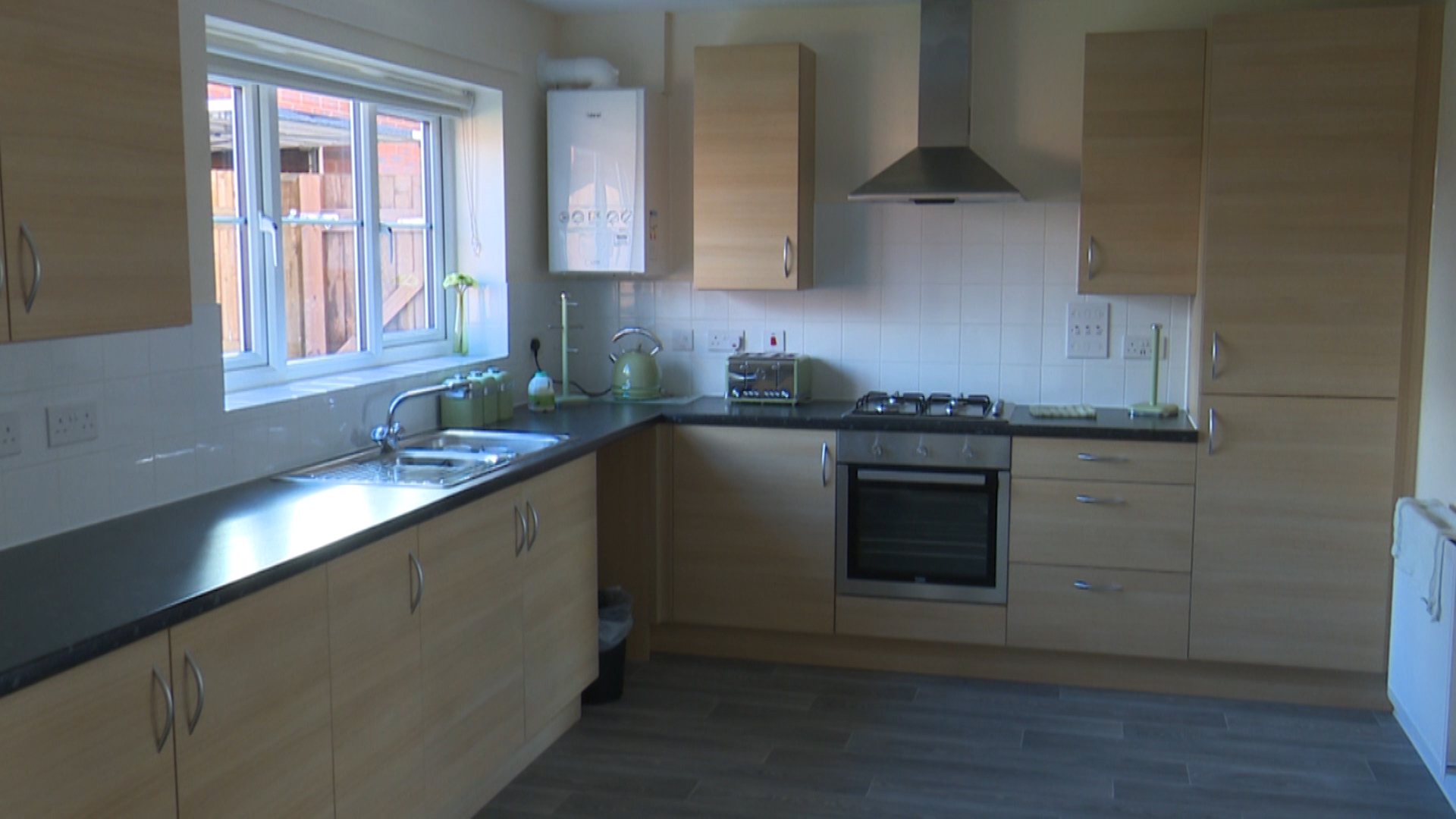
Moving In
While all accommodation comes with a cooker, curtains and carpets as standard, you can choose to have either a furnished, part-furnished or unfurnished SFA. Whichever you choose will affect the price you pay.
To check the SFA meets the required 'Move In Standard', you will be given a checklist during your Move In appointment. You will be required to assess the quality of the property by checking things like cleanliness of surfaces, decoration, flooring, windows, the front door, electrical and light fittings, smoke alarm and CO detector, the heating system and pipework to name just a few.
After this is complete, you will be asked to sign the Occupancy Form to say you are satisfied that your house meets move-in standard.
You will not be able to live in SFA until you have signed the License to Occupy which is a legally binding document allowing you to live in SFA for as long as you are entitled.
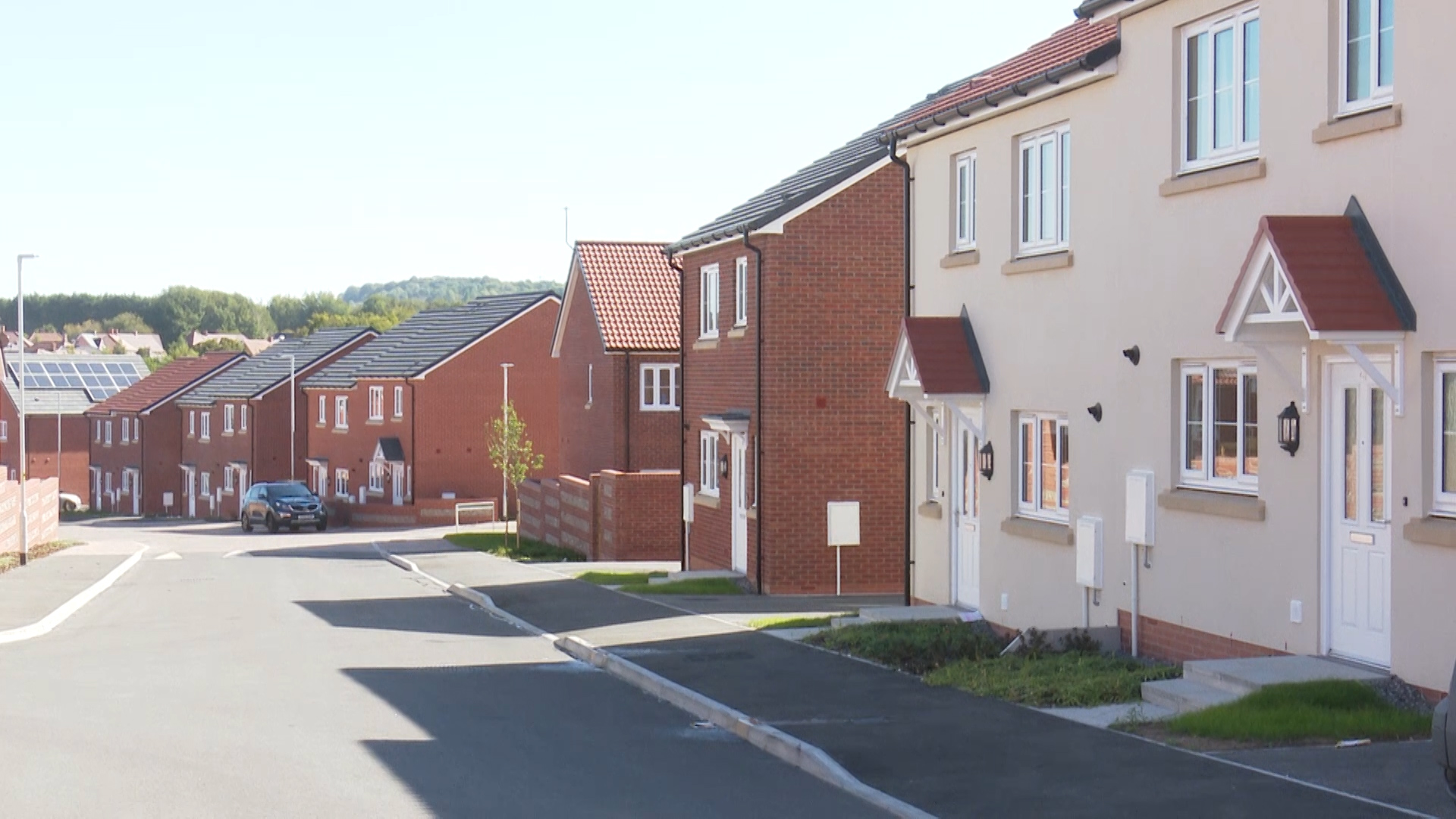
Before You Move In
Don’t forget that you will still need to arrange your own home insurance and that you are responsible for paying all bills while living in SFA - this includes council tax but it’s not the same as on civvy street.
In SFA/SSFA/SLA you will pay CILOCT - contribution in lieu of council tax. The MOD then distributes the money to local authorities.
Overseas, CILOCT is not charged and all Service Family Accommodation is graded two bands down as part of the overseas incentive.
Accommodation Payments
Accommodation charges are determined by three factors: condition, scale and location.
What you pay will depend on four factors focused on accessibility to services using the property’s postcode.
The property will be classified by one of the following location factors:
- Urban (less than 20 minutes travel to key services)
- Intermediate (between 20 and 40 minutes)
- Remote (more than 40 minutes).
- Accessibility to eight services
These vital services are a food shop, doctors surgery, employment centre, primary school, secondary school, further education, hospital and a town centre.
Broadband accessibility and deprivation are also taken into consideration.
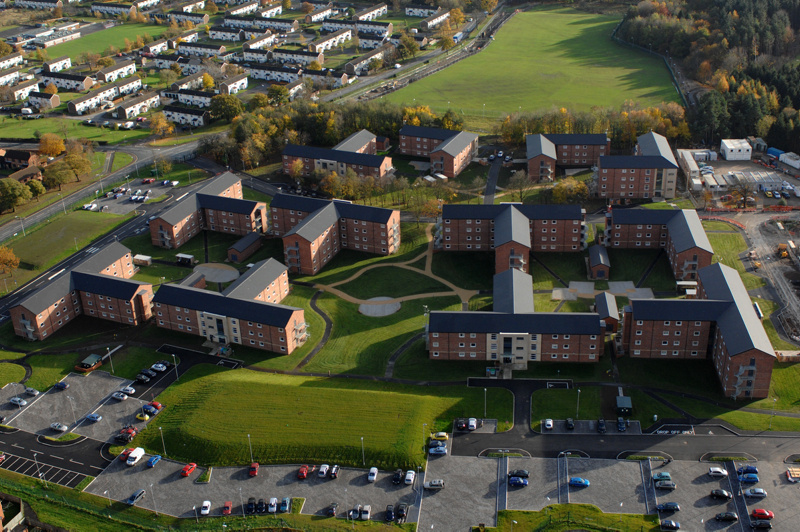
Can Your Partner Work From SFA?
Working from home has become more commonplace since the coronavirus pandemic meant we have been locked down for several months at a time with an order to stay home. Many found themselves having to get used to attending meetings in their living room while others were able to continue working in factories, supermarkets and of course, the armed forces continued their role with safety measures in place.
Some spouses run their own small businesses from home, giving them flexible hours and depending on the work, the ability to move with their military partner.
If running a business from your Service Family Accommodation is something you would be interested in doing, you must have prior written approval from your Local Service Commander and from Amey Defence Services.
As long as your business does not cause damage to your home or disrupt your neighbours, you should be allowed to work from home, run an internet-based company, run a small, registered childminding business, offer beauty treatments etc.
It is forbidden to run a business requiring the installation of industrial machinery or the storage of heavy, large, toxic or explosive materials. Any suitable business should be safely managed.
It is also important to note that you will not be allowed to do car repairs at your SFA.
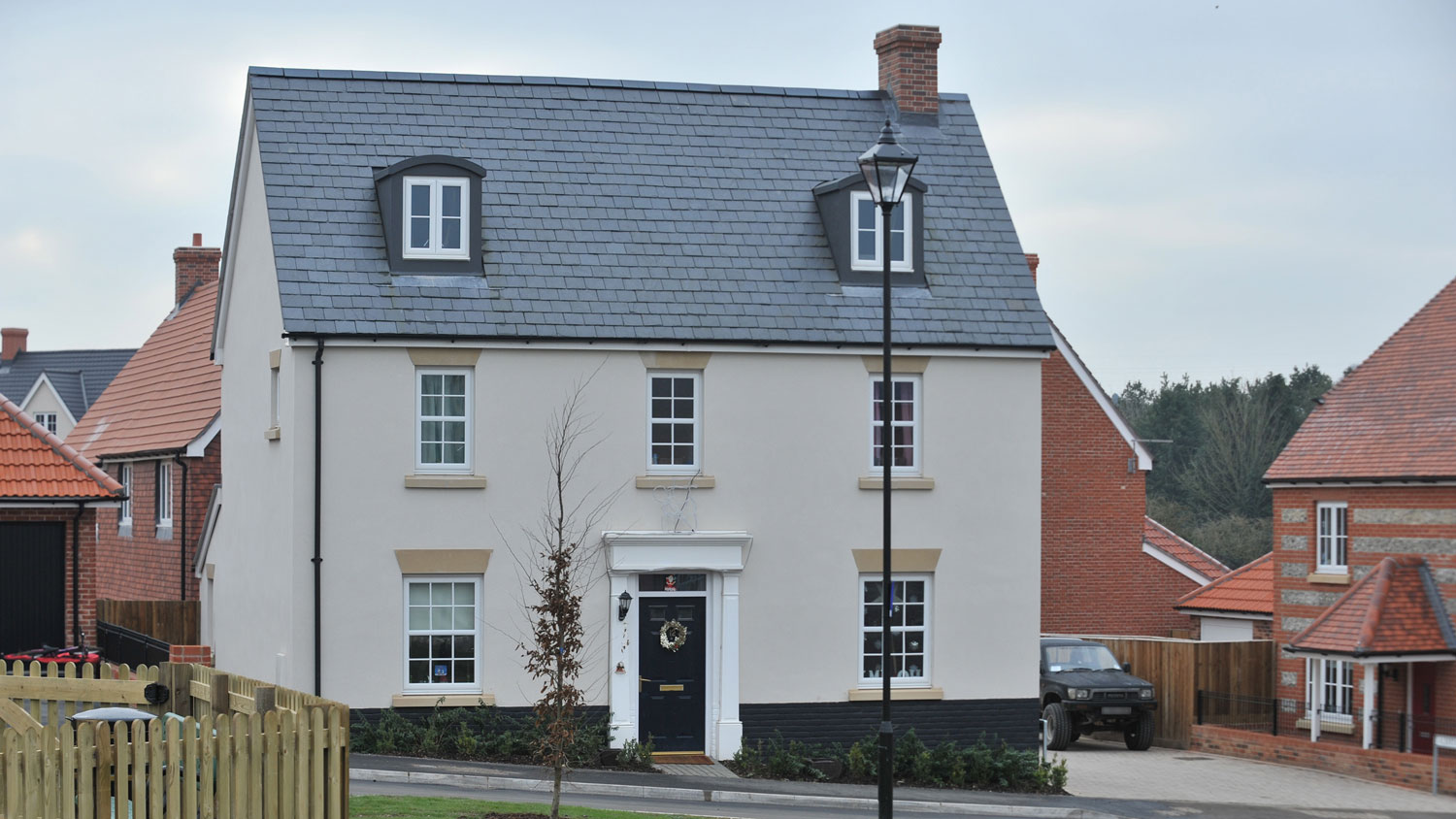
Can You Have A Pet In Your Service Family Accommodation?
If you already have a pet you will need to make that clear during the application process. If once you are living in SFA, you would like to get a pet you will need to ask permission to do so by contacting Amey's Occupancy Services team.
The types of pets you can ask permission to have in SFA are domestic animals like dogs, cats, rabbits, hamsters or other small caged animals. You are not allowed to keep exotic animals or farm animals on your Service family property.
However, if you fancy keeping chickens and getting your own fresh eggs, this might be possible.
Amey will need access to your property to make sure it is suitable. To arrange this, contact their Occupancy Services team.

